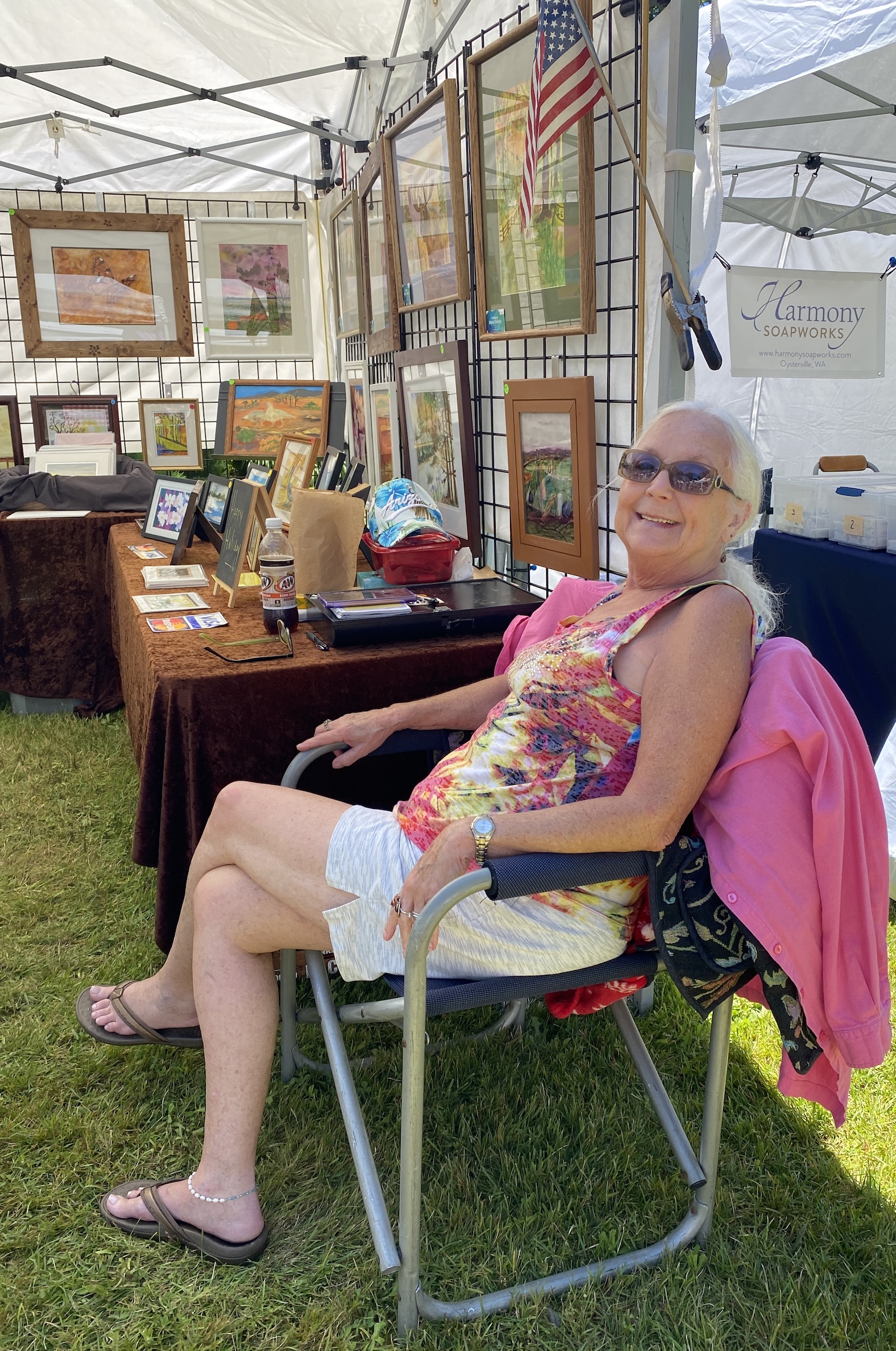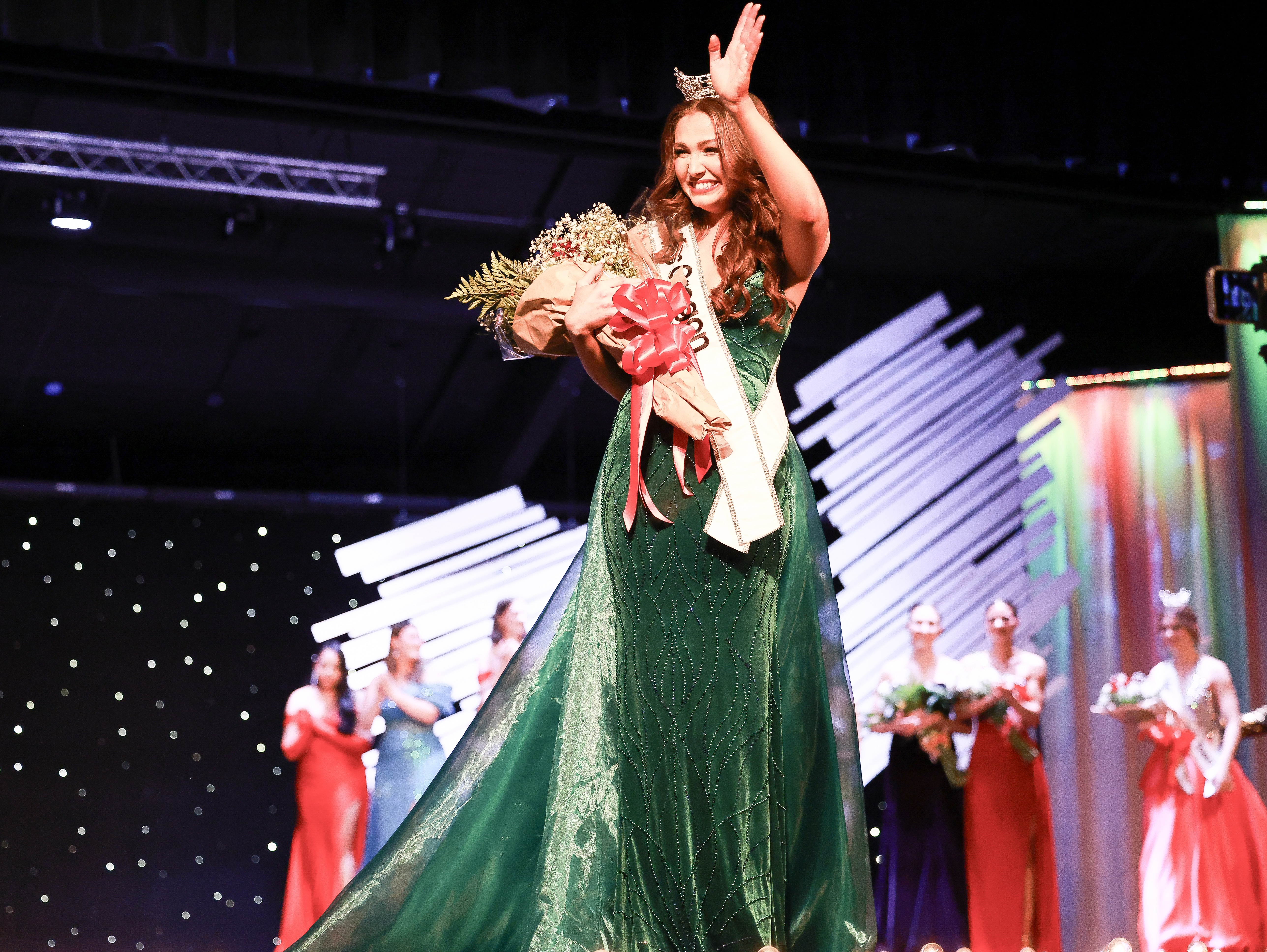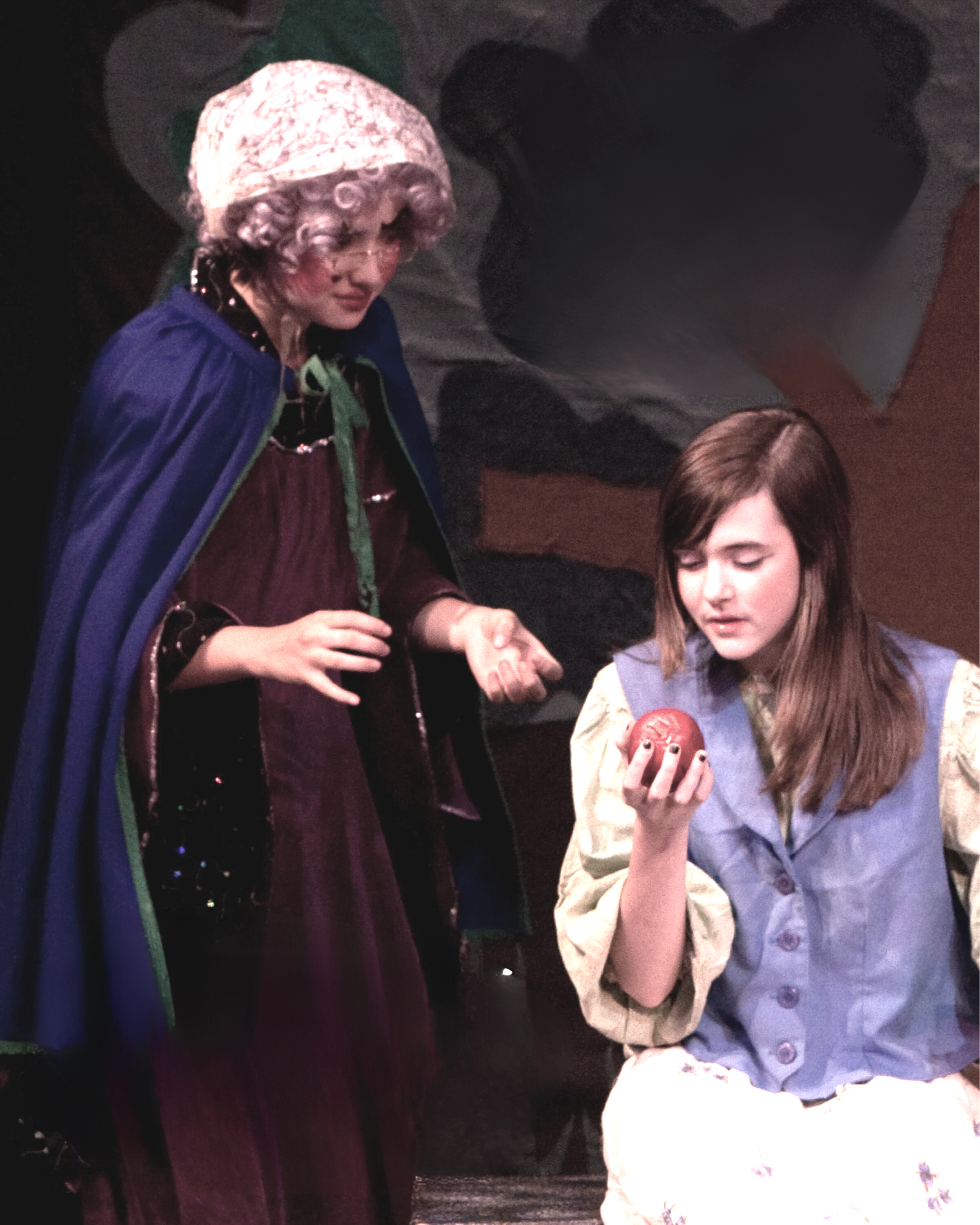Bookmonger: ‘The Cassandra’ offers surreal look at our nuclear history
Published 8:00 pm Thursday, February 21, 2019
On the Hanford Reservation in eastern Washington during World War II, Plant B was the location of the top-secret Manhattan Project. It produced the plutonium used in the world’s first nuclear detonation in New Mexico and then in the atomic bomb, dropped on Nagasaki, that ended World War II.
The Manhattan Project represented a remarkable feat of engineering accomplished in a short period of time. But have we ever really come to grips with its shocking culmination — a weapon of mass destruction that wiped out scores of thousands of lives in a single bomb drop?
Spokane author Sharma Shields considers this in her new novel, “The Cassandra.”
You’ll recall that in Greek mythology, Cassandra had been given the gift of foresight by Apollo, but when she spurned the god’s advances, he also bestowed a curse upon her: No one would believe her prophecies.
In Shields’ new novel, young Mildred Groves of Omak has always been sensitive. As she tells it: “I had been born here but my birth was a presumption. My home was in a region that my grandparents and great-grandparents had misshaped and bullied, that my parents and peers continued to bludgeon and disrespect. When I walked, I began to hear the very earth groan beneath my feet.”
In fact, some might say Mildred is troubled. She has heard voices in her head for a long time.
But Mildred is also the star pupil at Omak Secretarial. So in 1944, when recruiters come to town to hire folks for the massive government project being built down at Hanford, Mildred applies.
She already knows she’ll be hired. The voices in her head have told her so, and they have never been wrong.
Because of her excellent skills, Mildred is assigned to a physicist overseeing the work at Plant B. Although she is not privy to the purpose of the project, strict confidentiality is required, and she works hard to comply.
At first, Mildred enjoys being part of something important, even if she is just a cog in the wheel.
Her waking hours are occupied not only by work, but also with navigating a patriarchal industry and society — and the base intentions of some of her mostly male colleagues.
Shields recreates the wartime vibe spot on, with pungent details and vocabulary.
But increasingly over the course of the story, the author spins an entirely different world, too.
The voices and visions inside of Mildred’s head assume a more strident tone. At night she sometimes sleepwalks out of the women’s barracks and into the desert, driven by violent nightmares that she knows to be prophetic.
Can she do anything to forestall the onrushing doom? Will anybody listen if she speaks? And if they don’t, what recourse does she have?
“The Cassandra” is a consideration of those who promoted humanity’s most destructive impulses against its own kind. It is a surreal portrait of the impotency of those who tried to speak truth to power. This is a powerful and deeply disturbing story.
The Bookmonger is Barbara Lloyd McMichael, who writes this weekly column focusing on the books, authors and publishers of the Pacific Northwest. Contact her at bkmonger@nwlink.com
The Cassandra
By Sharma Shields
Henry Holt
304 pp
$27









